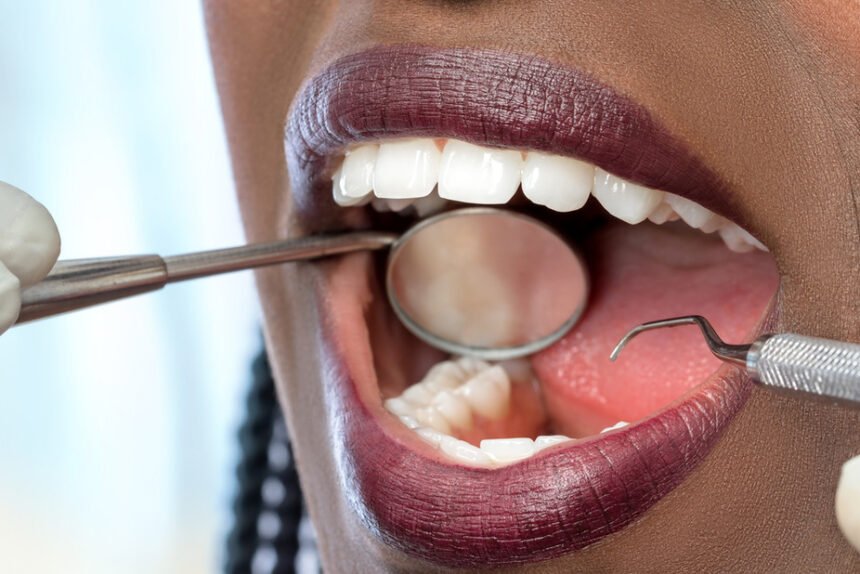Gum disease is a serious problem that affects over nearly 65 million Americans. Over a third of all women suffer from moderate or severe periodontal disease. Women are at an even higher risk of contracting periodontal disease if they don?t keep their hormone levels in check.
Why Regulating Your Hormones is Key to Preventing Periodontal Disease
Hormone spikes can have a significant impact on your physical and mental health. Most women feel moody and experience aching during certain cycles when their hormone levels rise. They probably never realized they may face a higher risk of developing gum disease if they aren?t careful. There are a number of things you need to keep in mind to monitor your hormone levels and alleviate your risk of developing gum disease. Certain Birth Control Pills May Increase the Risk If you take any birth control pills, you will want to find out if they contain progesterone. According to Solution Reach, progesterone stimulates hormone production, which can increase the risk of periodontal disease by at least 30%, according to some studies. Avoid Chemically Altered Fats During Pregnancy Women are significantly more likely to have hormone surges during pregnancy. Many dentists recommend more frequent cleanings while carrying a child, since these hormonal spikes raise the risk of gum disease. However, cleaning your teeth more often isn?t the only thing you should do. You should also monitor your diet to keep hormone levels in check. The most important thing you can do is reduce or eliminate consumption of Omega-6 polyunsaturated fats, which are common in butters and margarines. There are much better cooking ingredients, such as coconut oil. Coconut oil is also great for reducing inflammation. Consider Taking Hormone Supplements During Menopause According to WebMD, hormonal levels tend to plummet during menopause, which puts women at greater risk of developing gum disease. ?Dry mouth, in turn, can result in the development of tooth decay and gum disease, because saliva is not available to moisten and cleanse the mouth by neutralizing acids produced by plaque. Dry mouth can also result from many prescription and over-the-counter medications that are commonly prescribed to older adults. The decline in estrogen that occurs with menopause also puts women at greater risk for loss of bone density. Loss of bone, specifically in the jaw, can lead to tooth loss. Receding gums can be a sign of bone loss in the jawbone. Receding gums also expose more of the tooth surface to potential tooth decay.? WebMD advises being more cautious during the early stages of menopause, which usually surface in your late 40s. They suggest avoiding sugary snacks and brushing more frequently. However, menopausal women can also benefit from taking hormonal supplements. Avoid Obesity Pediatric endocrinologist Karen Rubin, MD, told Pharmacy Times that obesity can cause hormonal imbalance, particularly with teenage girls. Therefore, it is important for overweight and obese women to come up with a diet plan guide to keep their hormonal levels in check. ?The obesity epidemic in teenage girls has led to increased insulin production and in some cases a hormonal imbalance called polycystic ovary syndrome (PCOS), which can lead to heart disease, diabetes, and infertility. Girls may report irregular menstrual periods, acne, or abnormal hair growth, which appear to be caused by a higher-than-normal production of male hormones. Higher insulin production can cause the body to release extra male hormones known as androgens, which can interrupt normal ovulation.? If they don?t take adequate measures to regulate hormone levels, they may suffer from serious gum disease problems.

